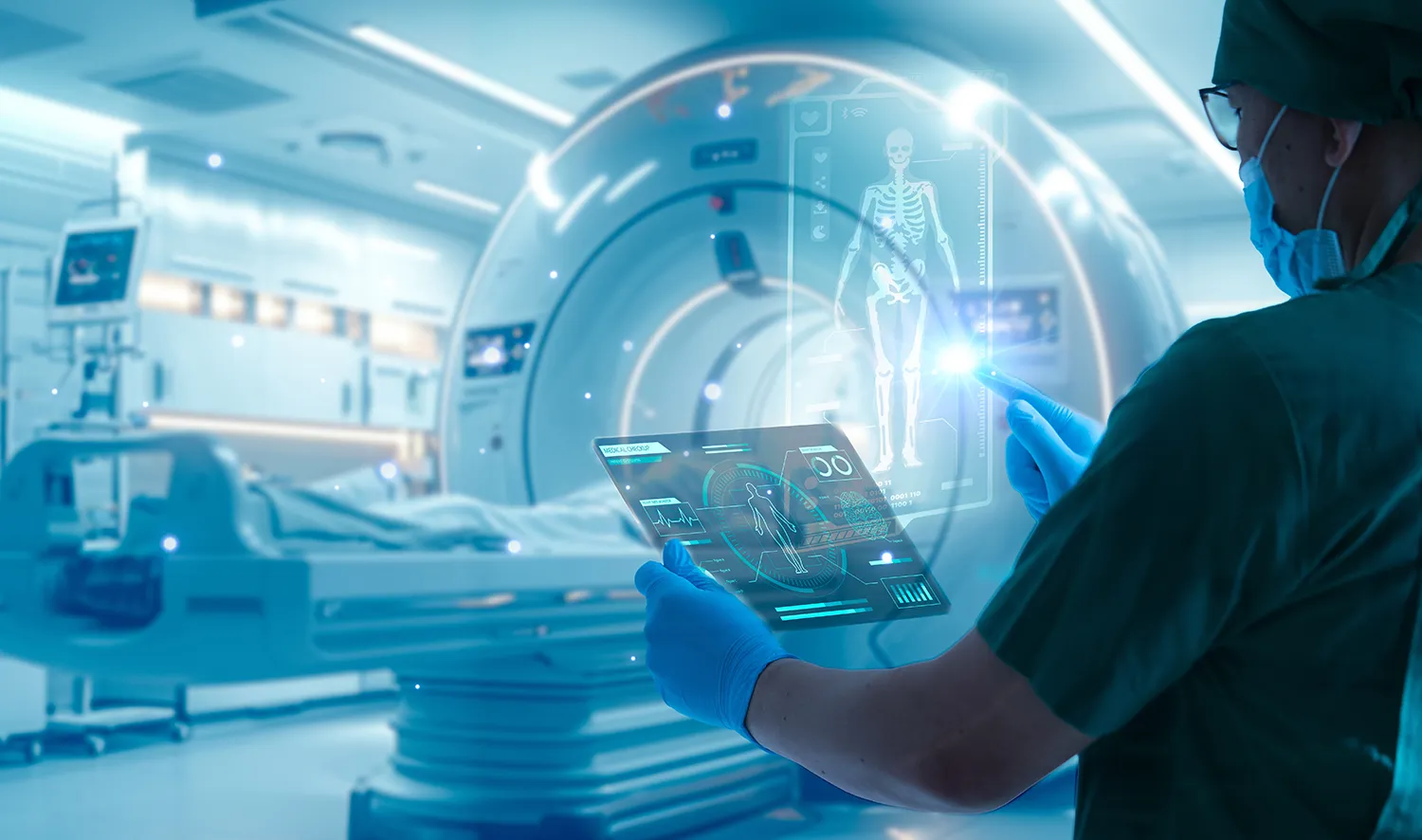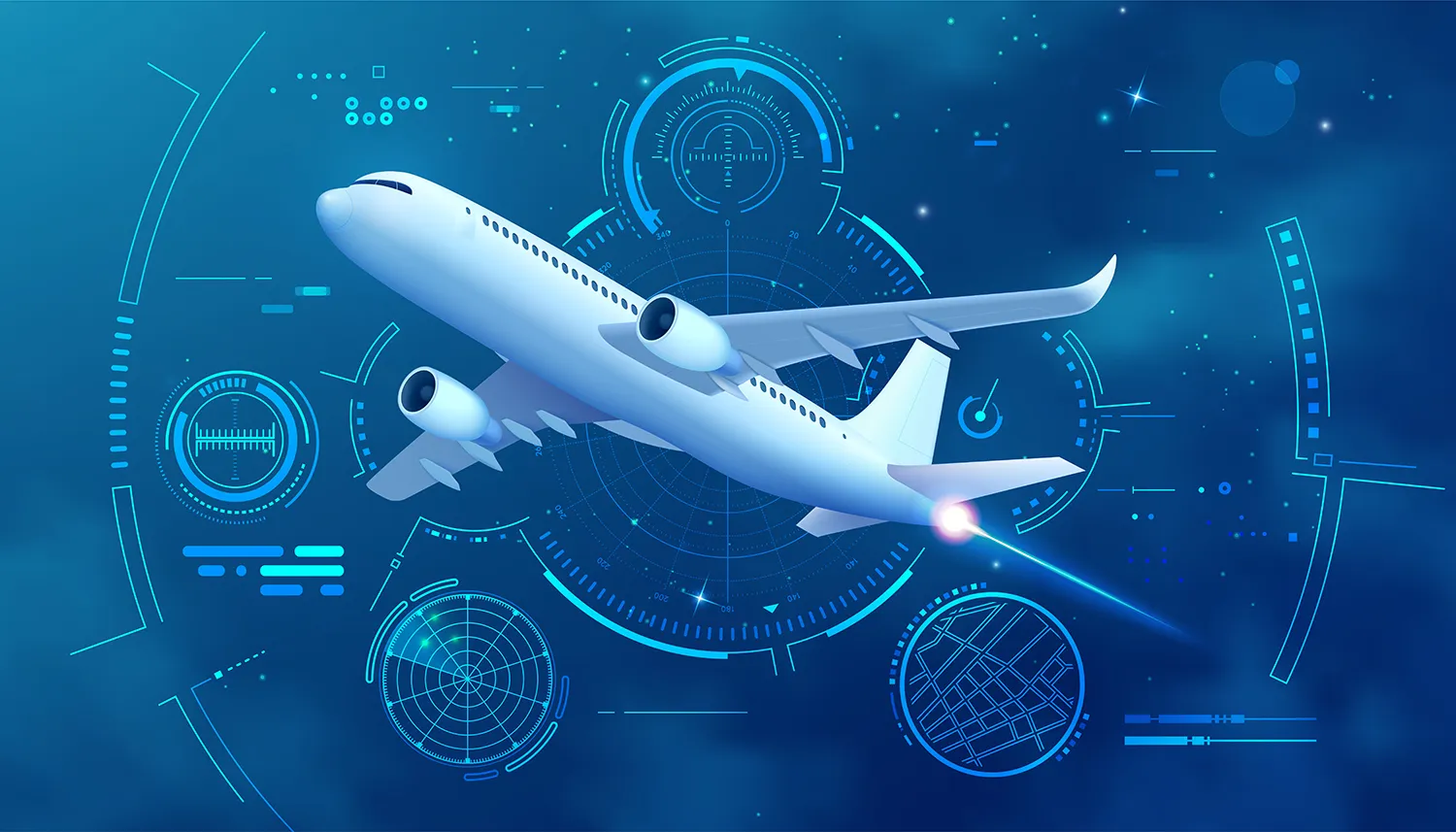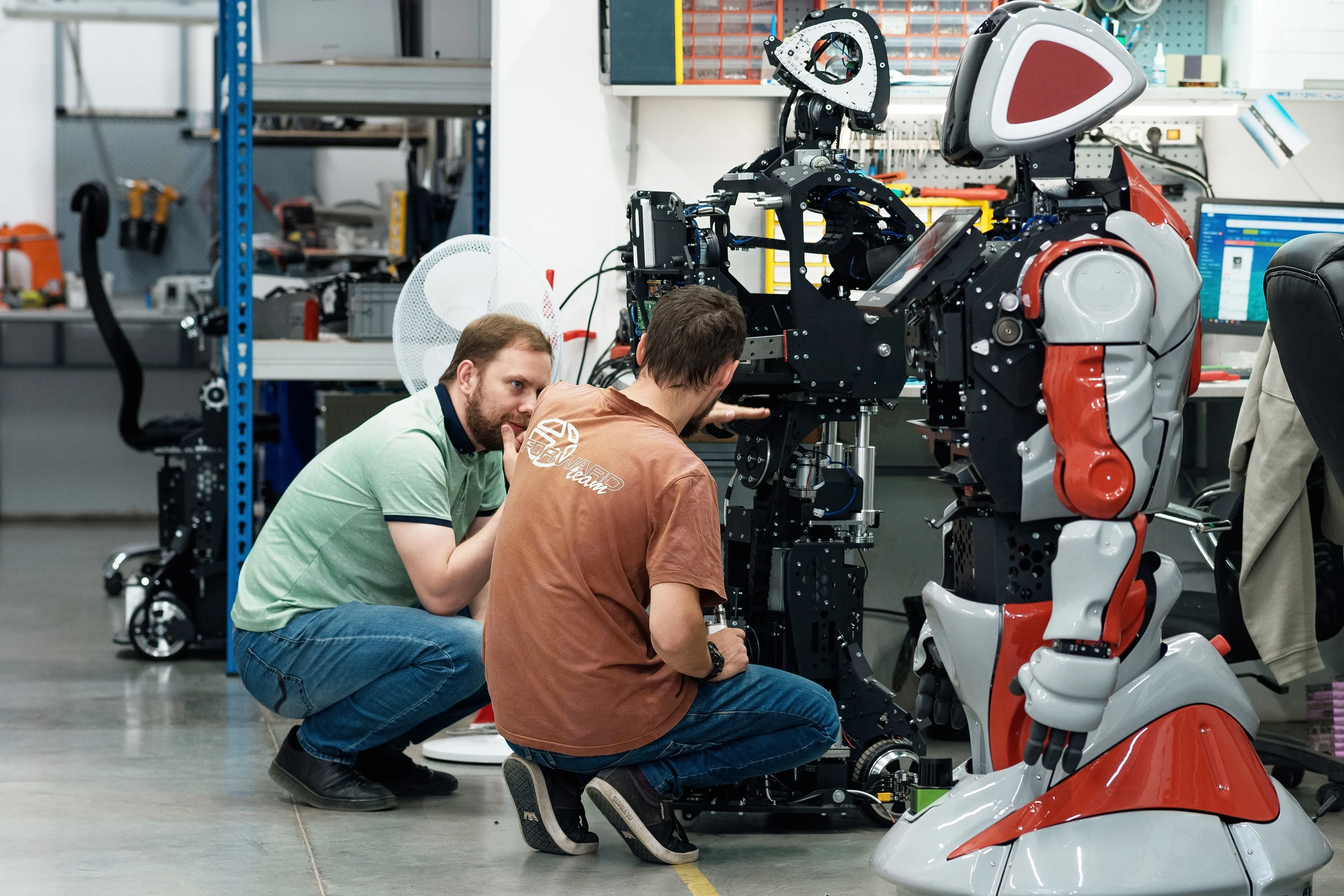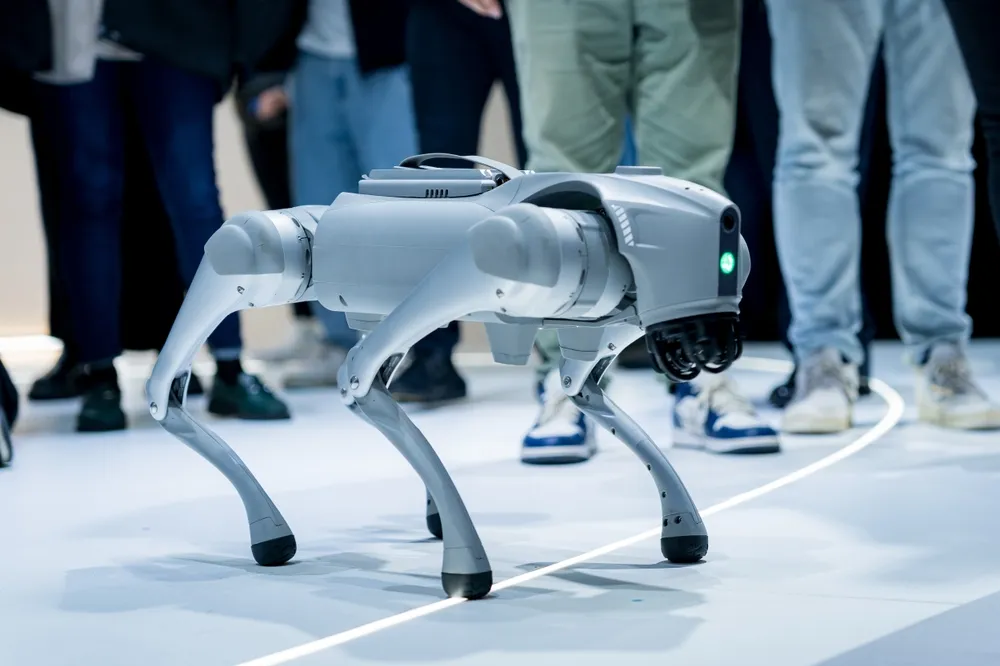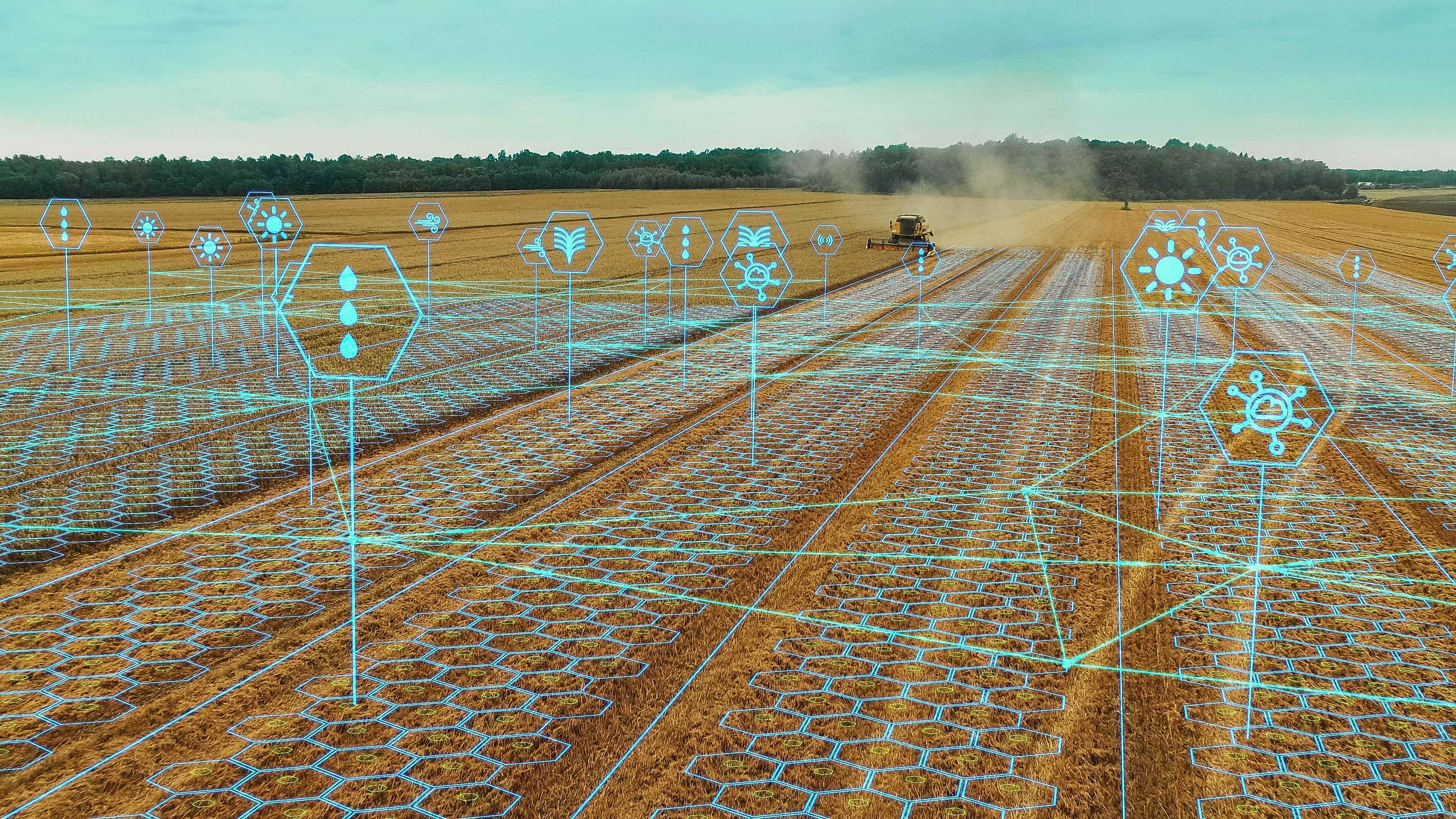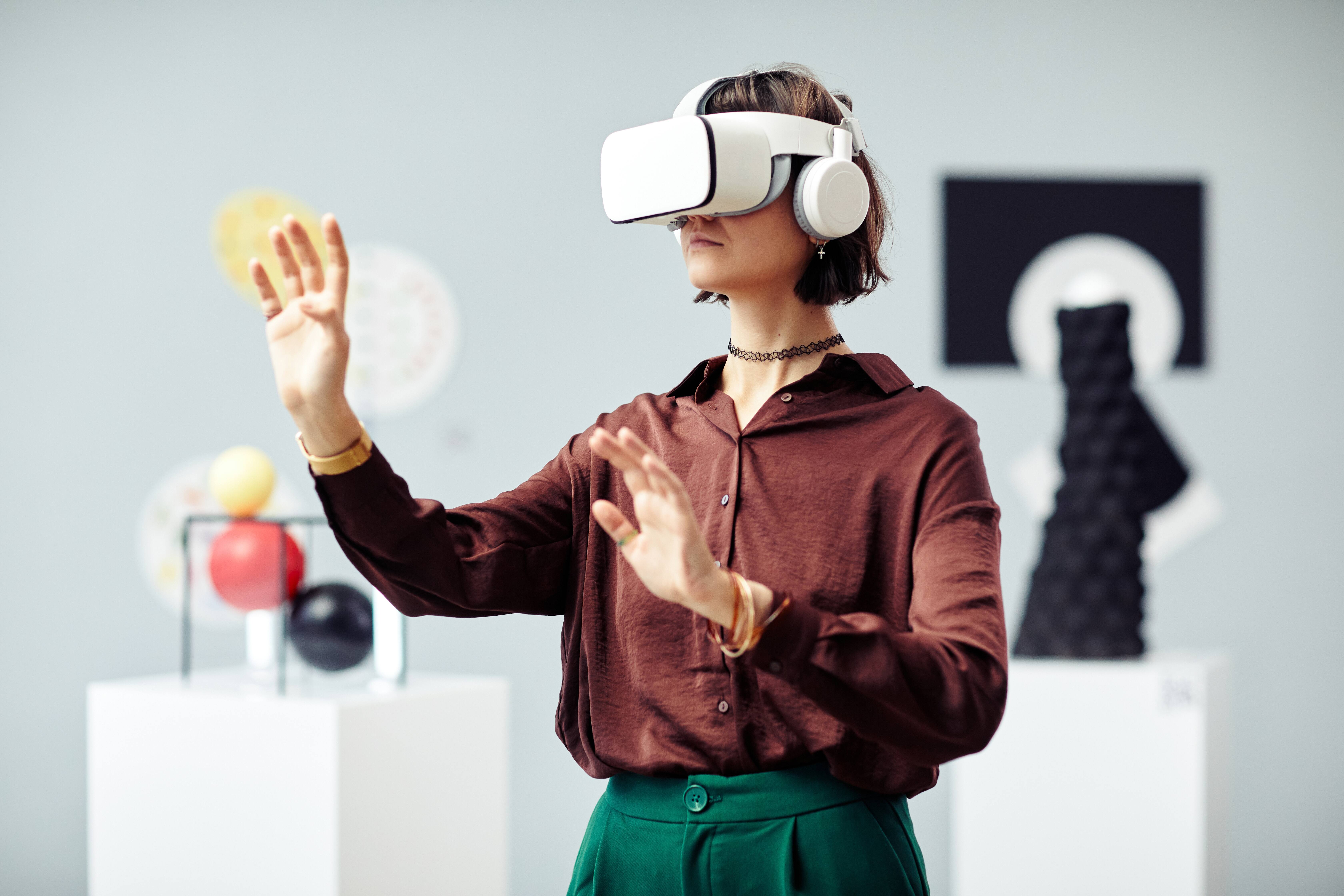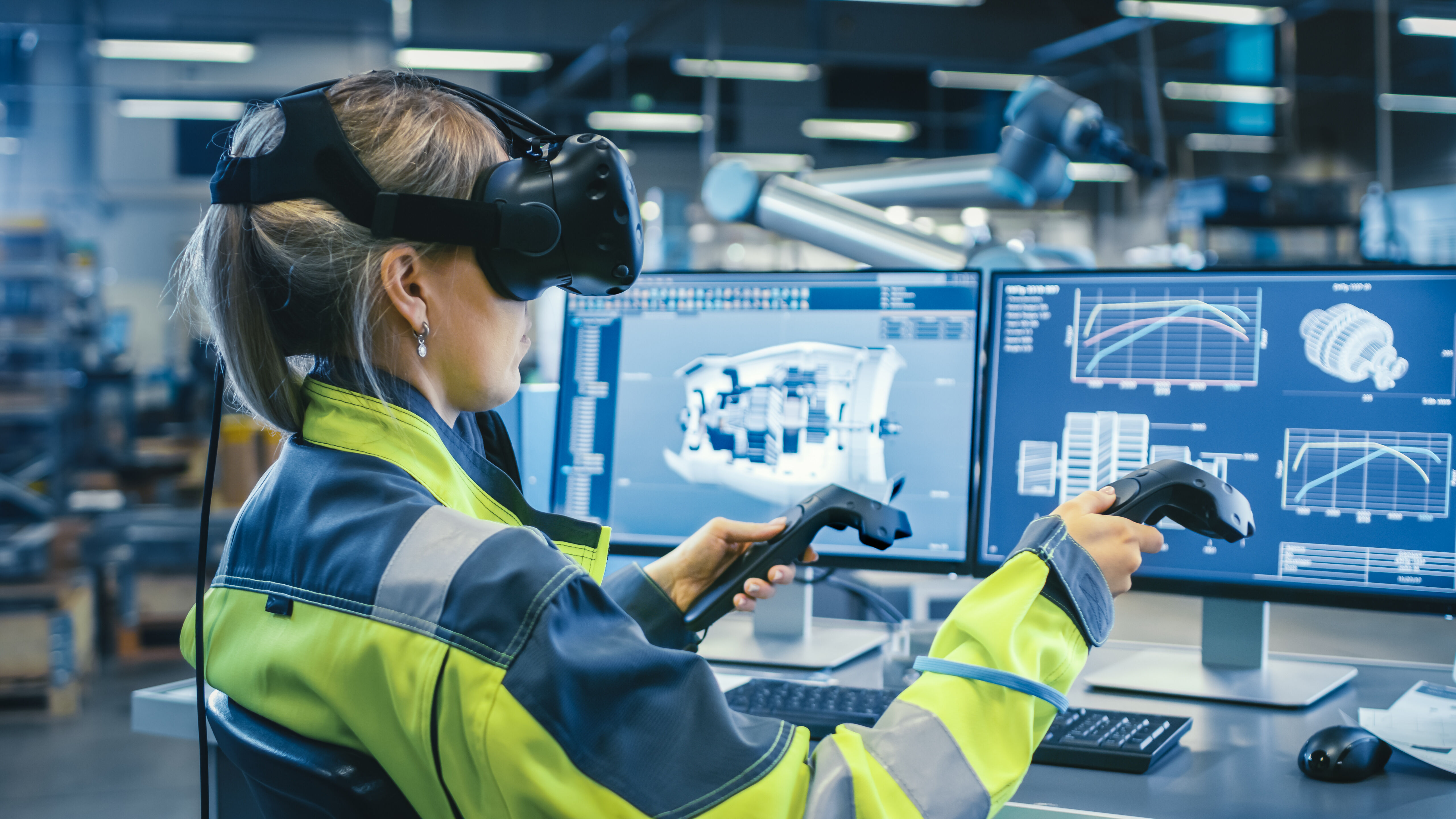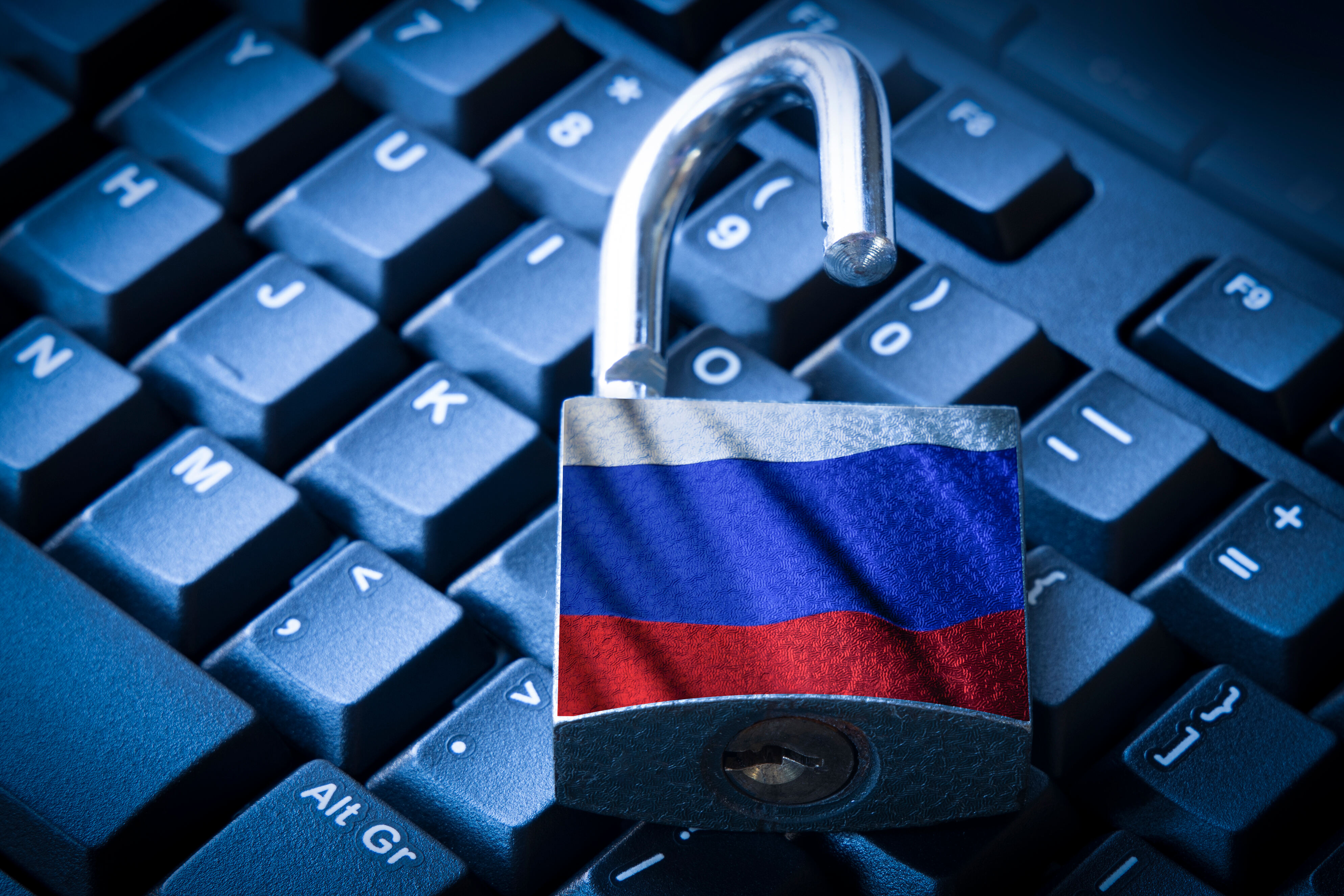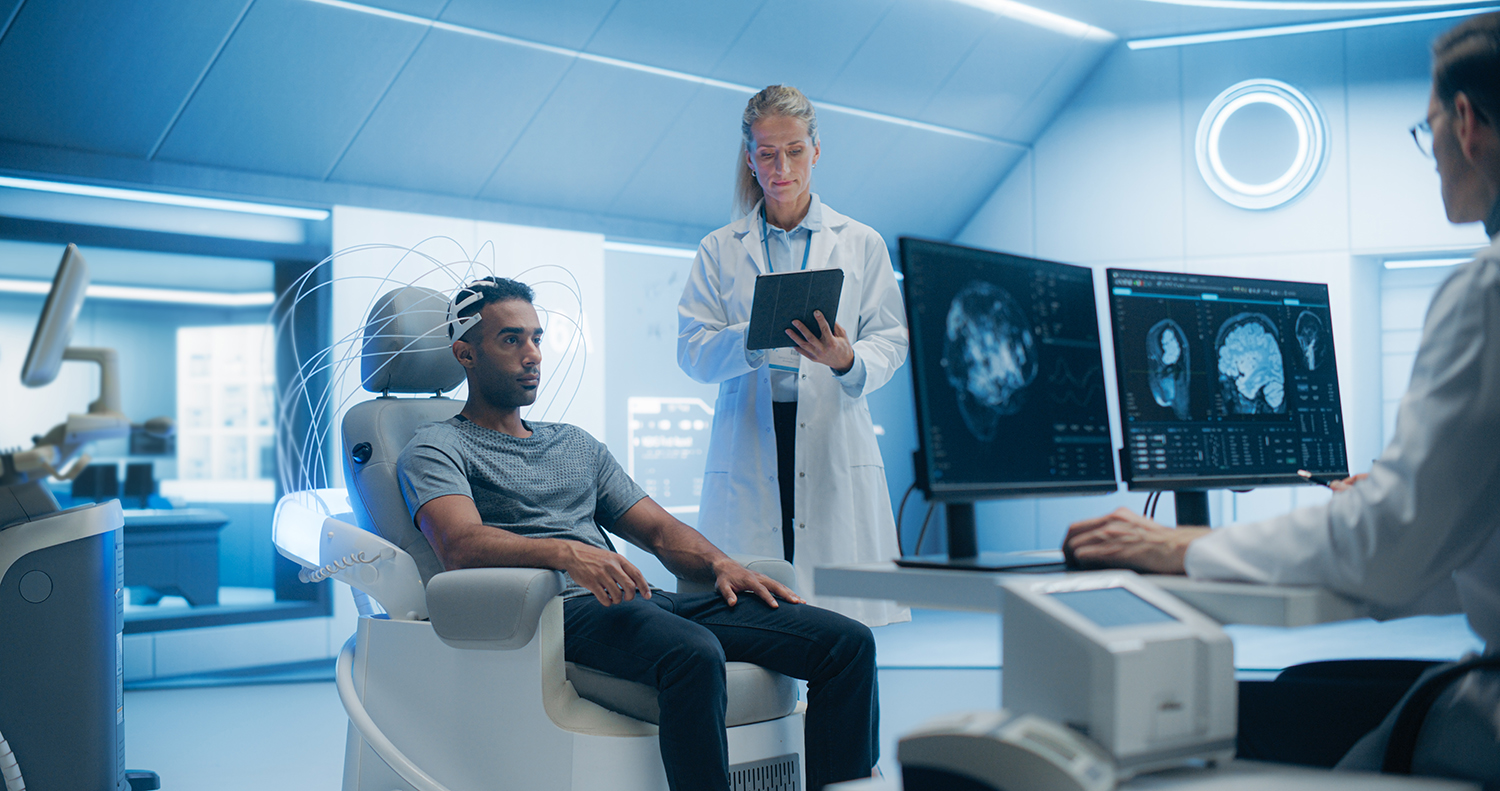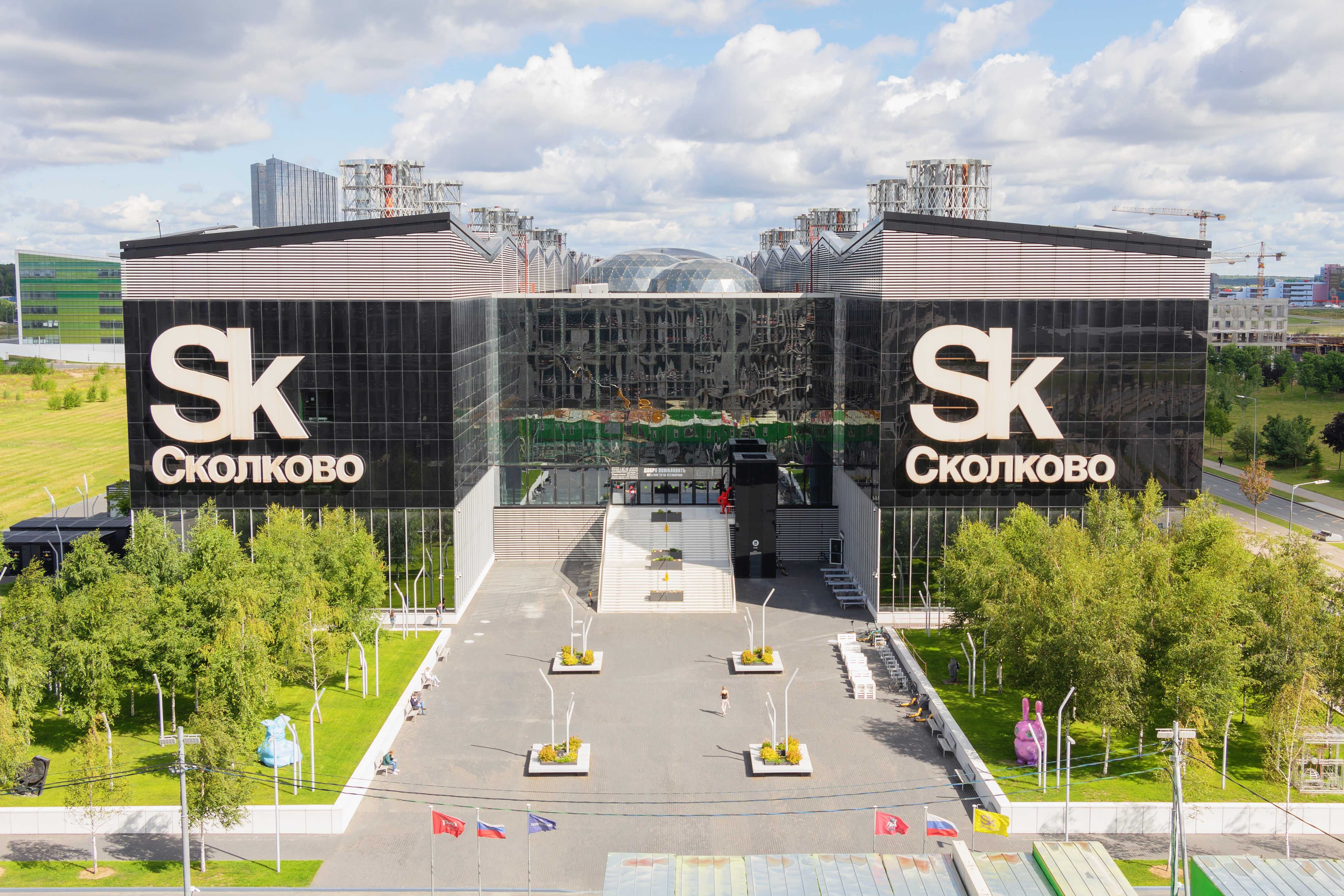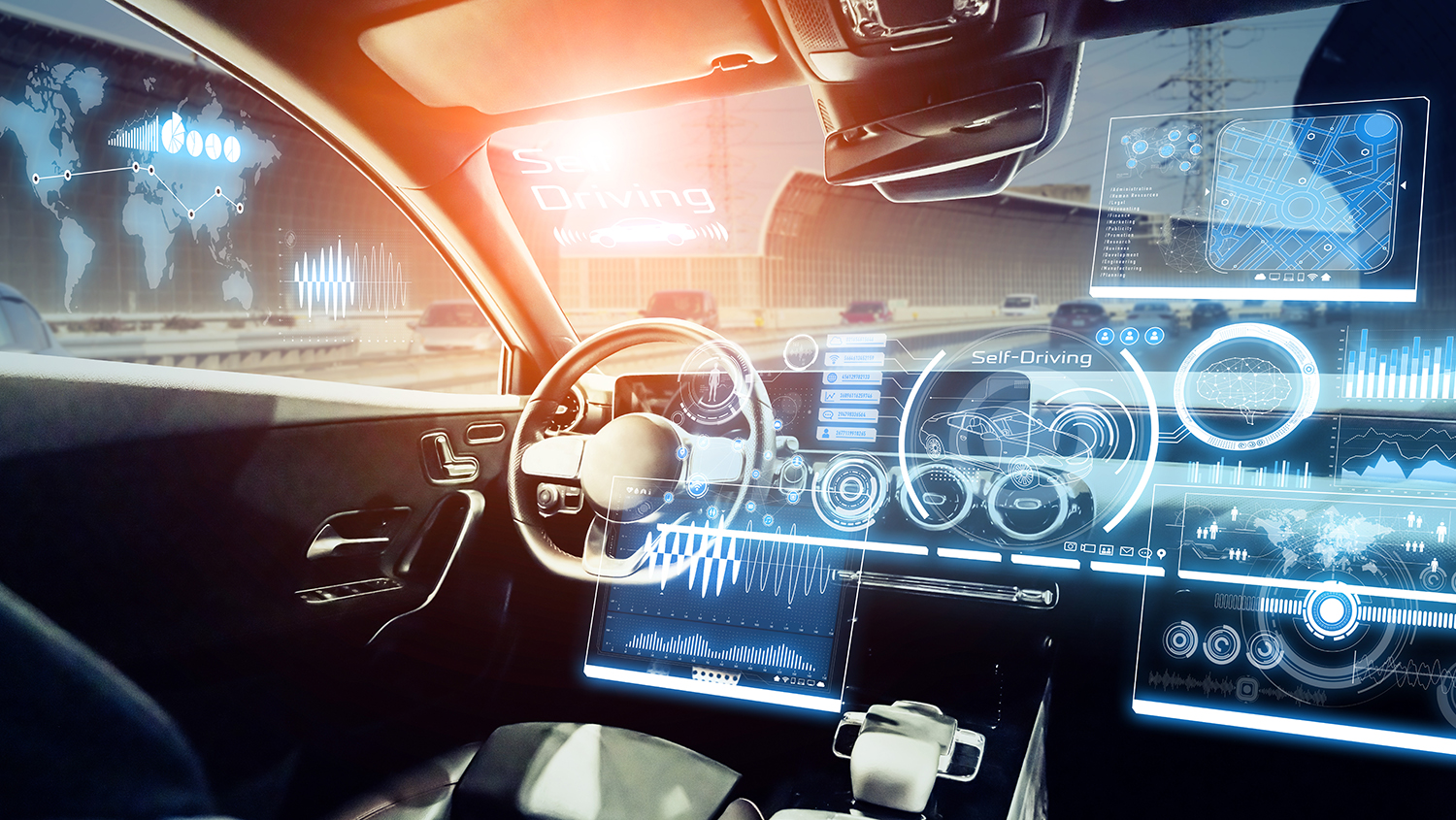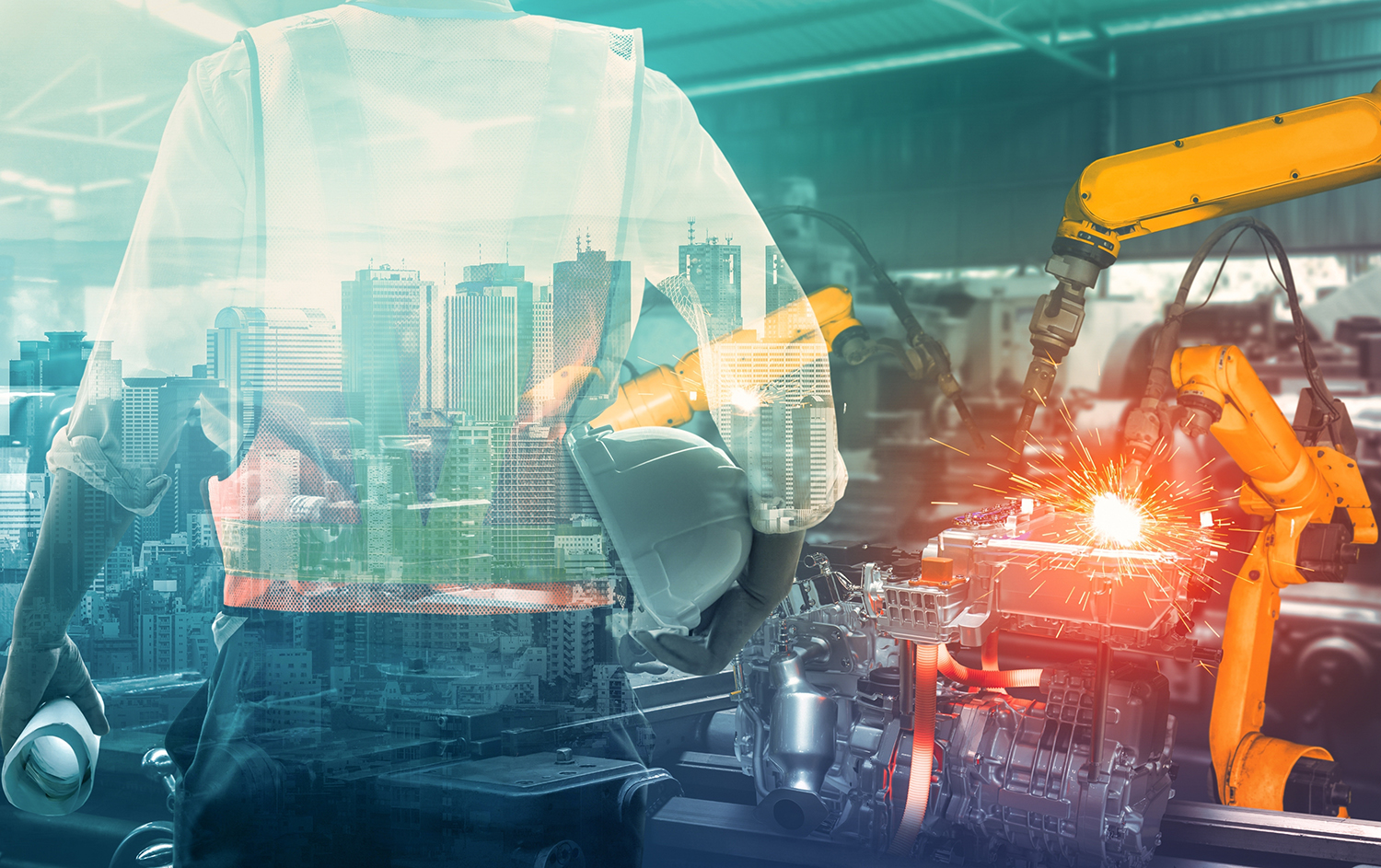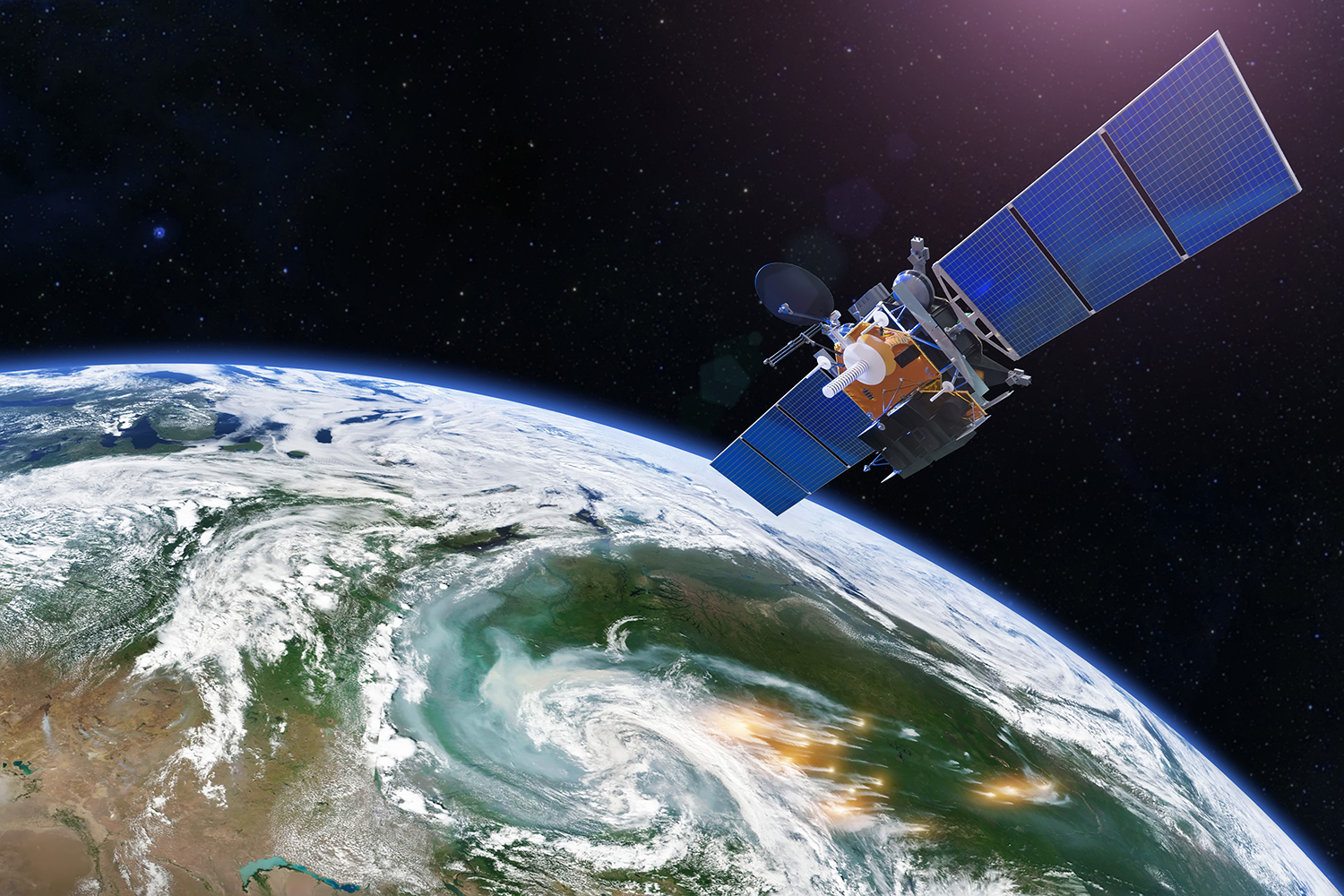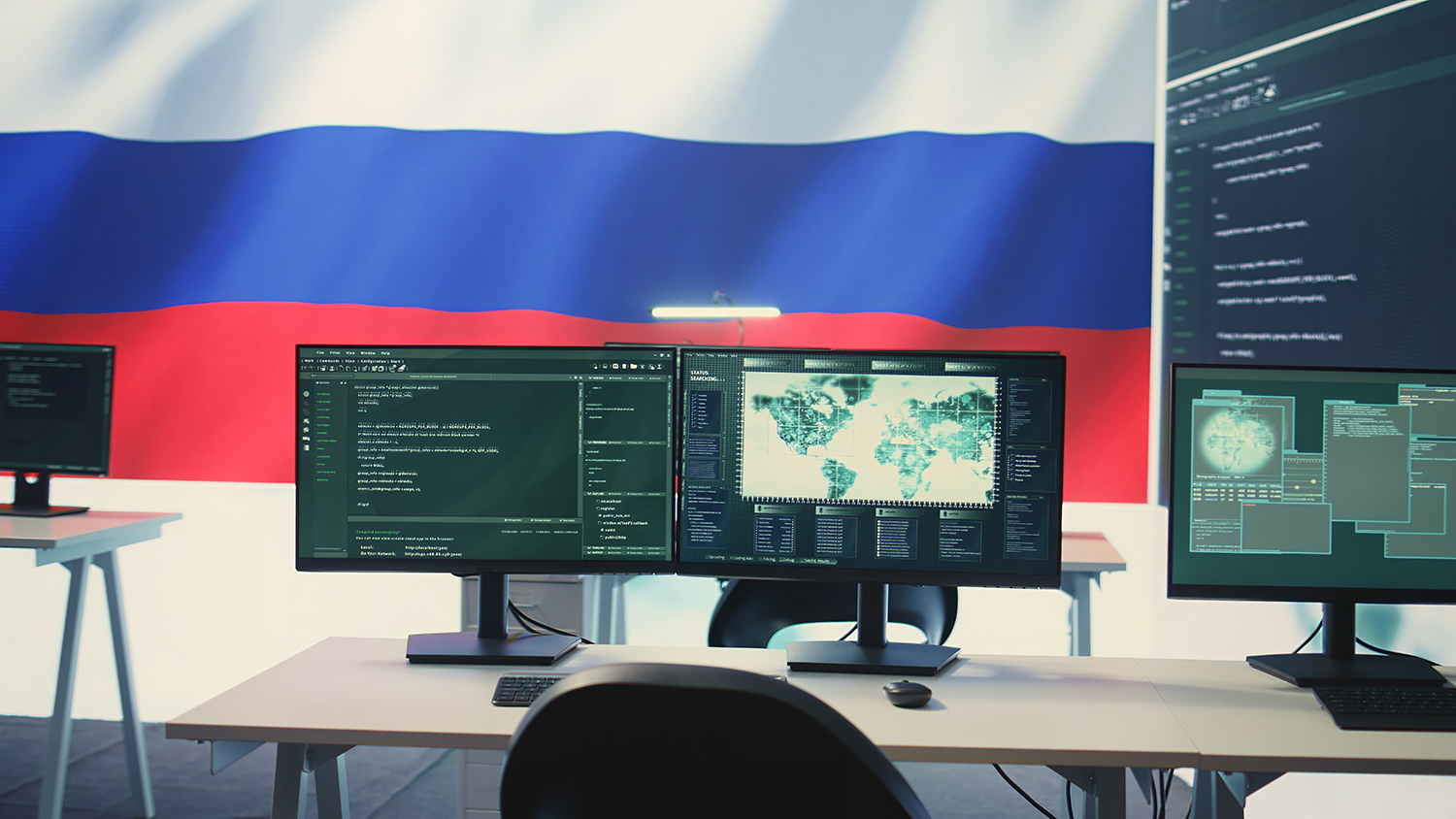AI in Scientific Megaprojects: Russia Emerges as a Global Contender
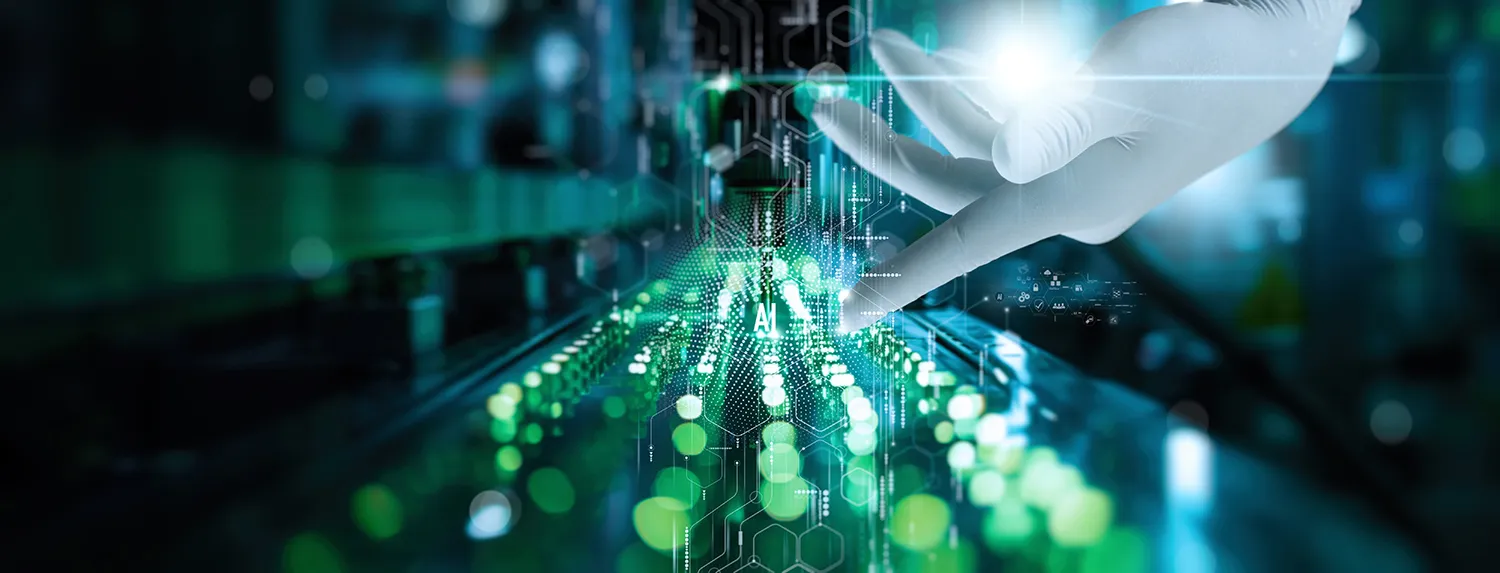
Russia is integrating artificial intelligence into large-scale scientific initiatives—from space missions to biomedical imaging—showcasing both its technological resilience and growing global influence in high-stakes research.
AI on the ISS: Satellite Imaging Gets a Boost
In a significant milestone, Russia’s state space agency Roscosmos has announced plans to deploy the country’s homegrown language model, GigaChat, aboard the International Space Station (ISS) in June 2025. Developed by Sber, GigaChat will support satellite image processing tasks, increasing image resolution from 1 meter to 0.5 meters per pixel. This enhancement is expected to sharpen Earth observation capabilities and improve climate and environmental research.
The AI platform will be embedded into existing ISS IT systems, with specialized hardware scheduled for delivery next year. The move symbolizes Russia’s commitment to advancing AI applications in space—placing digital tools where analog once ruled.

Strategic Alliances in a Sanctioned World
Sanctions have reshaped Russia’s approach to international science. Now, the country is actively pursuing new alliances. Sber has announced plans for collaborative AI research with Chinese institutions, opening the door for technological exchange and joint market access.
Russia has also proposed the formation of a BRICS AI Alliance, aimed at pooling AI expertise, training specialists, and supporting collaborative developer ecosystems. These efforts help Russia maintain scientific relevance despite being excluded from many Western funding pipelines and research consortia.

Supercomputers and Research Hubs
Russia currently operates 12 national AI research centers, involving more than 1,500 specialists. These institutions conduct both foundational and applied research, bridging innovation across science, medicine, and industry.
At the heart of this ecosystem is Skolkovo Institute of Science and Technology (Skoltech), home to 'Zhores,' one of the country’s most powerful supercomputers. The machine supports AI modeling, deep learning, and large-scale data analytics—enabling participation in global-scale projects that require massive processing power.
From MRI to Cosmic Rays: AI in the Field
The Russian AI firm Nanosemantics, in collaboration with startup Remedy Logic, has developed an AI-based MRI diagnostic tool that identifies pathologies and suggests optimized treatment plans. In astrophysics, Russian researchers are contributing to international initiatives such as TAIGA and KASCADE-Grande, using deep data analysis to investigate high-energy cosmic rays and the structure of the universe.
These applications not only push scientific boundaries but also hold potential for innovations in materials science, energy systems, and national security.
Innovation Amid Constraints
Despite clear progress, Russia faces hurdles—particularly restricted access to foreign technologies, components, and equipment. This challenge, however, has accelerated domestic innovation. The government is ramping up AI education programs, supporting scientific startups, and promoting adoption across industries.
While geopolitical isolation remains a barrier, Russia’s investments and strategic pivot are placing it among the global leaders in AI-driven science. From orbit to operating rooms, Russian researchers are ensuring that AI becomes a cornerstone of the country’s scientific future.









